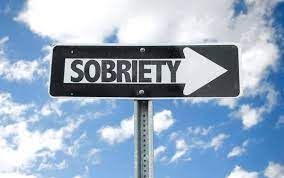It takes hard work and dedication to recover from a substance use disorder. For many people, it will require a lifetime of dedication to stay on the sober track.
Unfortunately, relapses are common. Approximately 80% of those in recovery who have found long-term sobriety have experienced at least one relapse along the way. Staying sober is challenging for many people, but the more strategies you learn to identify triggers and cope with stress, the easier it can be to prevent a relapse.
Identify Your Personal Triggers
External triggers can be people, situations, places, and things that elicit cravings or thoughts associated with substance abuse. Internal triggers are thoughts, feelings, or emotions that are associated with substance abuse.
Identifying both your external and internal triggers can help you remain sober. When you know what could cause or contribute to a relapse, you can then create a plan to avoid or prepare for these triggers.
Build Healthy Relationships
An essential part of the recovery process is building healthy relationships. As someone newly sober, you may have noticed that some of your past relationships were unhealthy or even toxic. You may need to make changes with many relationships in your life, including cutting ties or limiting contact with people with whom you used to partake in substance abuse.
It can be beneficial to work on improving relationships with supportive friends and family. You can also join support groups and find peers that are also working hard to maintain their sobriety.
Sober Living at Tharros House
Tharros House is a sober living facility located in the Boston, Massachusetts area. Sober individuals who want to maintain their sobriety and reside in a collaborative living environment are an excellent fit for Tharros House. Contact us today to learn more about how Tharros House can help you continue and strengthen your sobriety.


